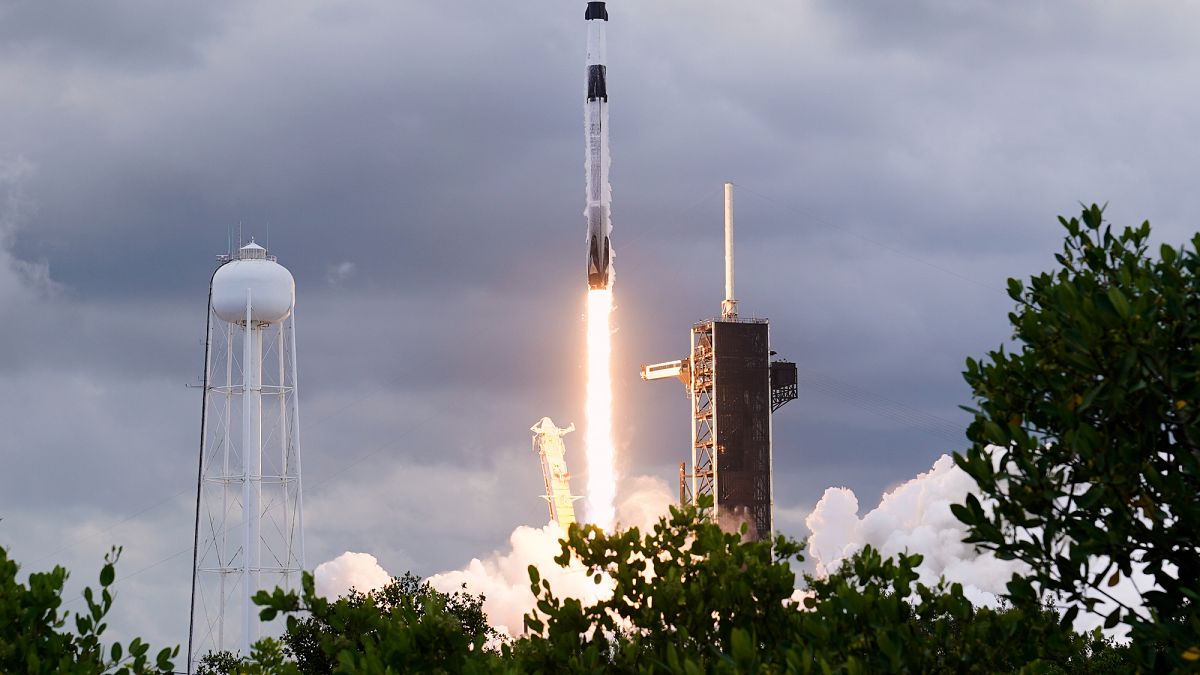

In a remarkable stride in space travel, SpaceX has once again demonstrated its capability with the successful delivery of four astronauts to the International Space Station (ISS). This mission, characterized by a rapid transit of just 15 hours from launch to docking, highlights the ongoing advancements in space technology and exploration. The crew comprises two NASA astronauts, along with astronauts from Russia and Japan, showcasing the collaborative spirit of international space programs. Their arrival on the ISS marks another milestone in human space exploration, fostering scientific research and international cooperation in orbit.
As we gaze at the stars, it’s crucial to keep an eye on the ways technological innovations are rapidly transforming life on Earth. In the world of media and information, hyper-realistic AI-generated news anchors are making waves by convincingly mimicking human presenters. These digital figures, possessing the same enthusiasm, energy, and diction, are increasingly indistinguishable from their human counterparts. However, this advancement in artificial intelligence raises significant concerns, as they have been found to disseminate false information. This development underscores the importance of media literacy, urging us to critically evaluate the sources of the news we consume and remain vigilant against misinformation.
Meanwhile, on the ground, a groundbreaking conservation initiative is underway in South Africa, aimed at protecting one of the world’s most cherished wildlife species: the rhinoceros. The Rhisotope Project, launched by the University of the Witwatersrand in collaboration with nuclear energy officials and conservationists, seeks to thwart the trafficking of rhino horns by injecting them with harmless radioactive isotopes. This ingenious method ensures that the horns can be detected at airports and borders, even when concealed in large containers. By making horn smuggling more difficult, the initiative hopes to reduce poaching and support the recovery of the declining rhino population.
The SpaceX mission to the ISS exemplifies humanity’s continuing quest for knowledge and exploration beyond our planetary boundaries. The international crew’s journey signifies a blend of technological prowess and intercultural collaboration, paving the way for future missions that seek to deepen our understanding of space and its potential for new discoveries. Such endeavors not only expand the horizons of space science but also bring nations together in the shared pursuit of exploration.
On the frontier of artificial intelligence, the rise of AI-generated news anchors serves as a double-edged sword in modern communication. While the technology behind these digital personas is impressive, their ability to spread misinformation poses a challenge to truth and trust in the media. This calls for enhanced efforts in digital literacy education, equipping individuals to discern credible information sources and navigate the digital landscape wisely. Growing reliance on AI in media necessitates a balance between embracing innovation and maintaining ethical standards that preserve the integrity of information sharing.
Finally, the Rhisotope Project represents an innovative approach to wildlife conservation, highlighting the creative solutions being deployed to safeguard endangered species. The use of technology to protect rhinos sets a precedent for other conservation efforts, potentially inspiring similar initiatives for different species facing threats from human activities. The project’s success could serve as a beacon of hope for conservationists worldwide, demonstrating that with ingenuity and collaboration, significant strides can be made toward preserving biodiversity.
In conclusion, these stories from distinct fields illustrate the dynamic interplay of innovation, ethics, and conservation in our world today. Whether through space exploration, artificial intelligence in media, or inventive conservation techniques, humanity’s efforts to advance and protect are bound by a common thread of curiosity and care for our universe. As we navigate these developments, maintaining a mindful approach will ensure that progress equates to positive outcomes for individuals and society as a whole.
Source: {link}
